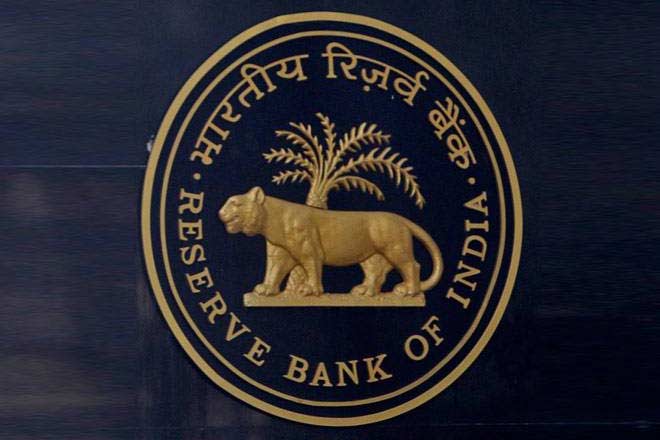The Reserve Bank of India (RBI) on Friday issued new guidelines for the levy of penal rates of interest on loan accounts.
Under the new guidelines, the penalty for non-compliance with the terms of the loan by the borrower shall be treated as “penal charges” and not as “penal interest” that is added to the rate of interest charged on the advances.
The guidelines titled “Fair Lending Practice – Penal Charges in Loan Accounts” also state that there shall be no capitalisation of penal charges. This means that no further interest will be computed on such charges.
“However, this will not affect the normal procedures for compounding of interest in the loan account,” the central bank said in an announcement.
Penal charges on loans are levied when a customer fails to make timely payment of their due instalment.
For example, say the borrower’s instalment payment for the month of August is Rs 1,000 at a 10 per cent interest rate. The default on making a timely instalment payment would say, subject them to an additional or penal interest of 24 per cent per annum. It would amount to 2 per cent per month and will be over and above the 10 per cent already payable.
Now, the guidelines state that “penal interest” of 2 per cent will be replaced with “penal charge”, with no additional component to the rate of interest.
The RBI released a draft for penal charges in April this year.
The new guidelines also state that the penal charges in case of loans sanctioned to “individual borrowers, for purposes other than business” shall not be higher than the penal charges applicable to non-individual borrowers for similar non-compliance with material terms and conditions.
It added that whenever reminders for non-compliance of material terms and conditions of the loan are sent to borrowers, the applicable penal charges shall be communicated. Further, any instance of levy of penal charges and the reason shall also be communicated.
Moreover, the Regulated Entities (REs) will be allowed to form a board to approve the penal charges or similar charges on loans, by whatever name called.
“The quantum of penal charges shall be reasonable and commensurate with the non-compliance of material terms and conditions of loan contract without being discriminatory within a particular loan/product category,” the RBI said.
“The quantum and reason for penal charges shall be clearly disclosed by REs to the customers in the loan agreement and most important terms and conditions / key fact statement (KFS) as applicable, in addition to being displayed on REs website under Interest rates and Service Charges,” it added.
These instructions shall come into effect from January 1, 2024.
REs have been asked to carry out appropriate revisions in their policy framework and ensure implementation of the instructions for all fresh loans availed/ renewed from the effective date.
“In the case of existing loans, the switchover to new penal charges regime shall be ensured on the next review or renewal date or six months from the effective date of these instructions, whichever is earlier,” the RBI said.
These will, however, not apply to credit cards, external commercial borrowings, trade credits and structured obligations, which are covered under product-specific directions.
According to the RBI, these guidelines have been issued to “inculcate a sense of credit discipline”. It, however, cautions that “such charges are not meant to be used as a revenue enhancement tool over and above the contracted rate of interest.”
Team – Intellex Strategic Consulting Private Limited
www.economiclawpractice.com, www.intellexconsulting.com, www.startupstreets.com

